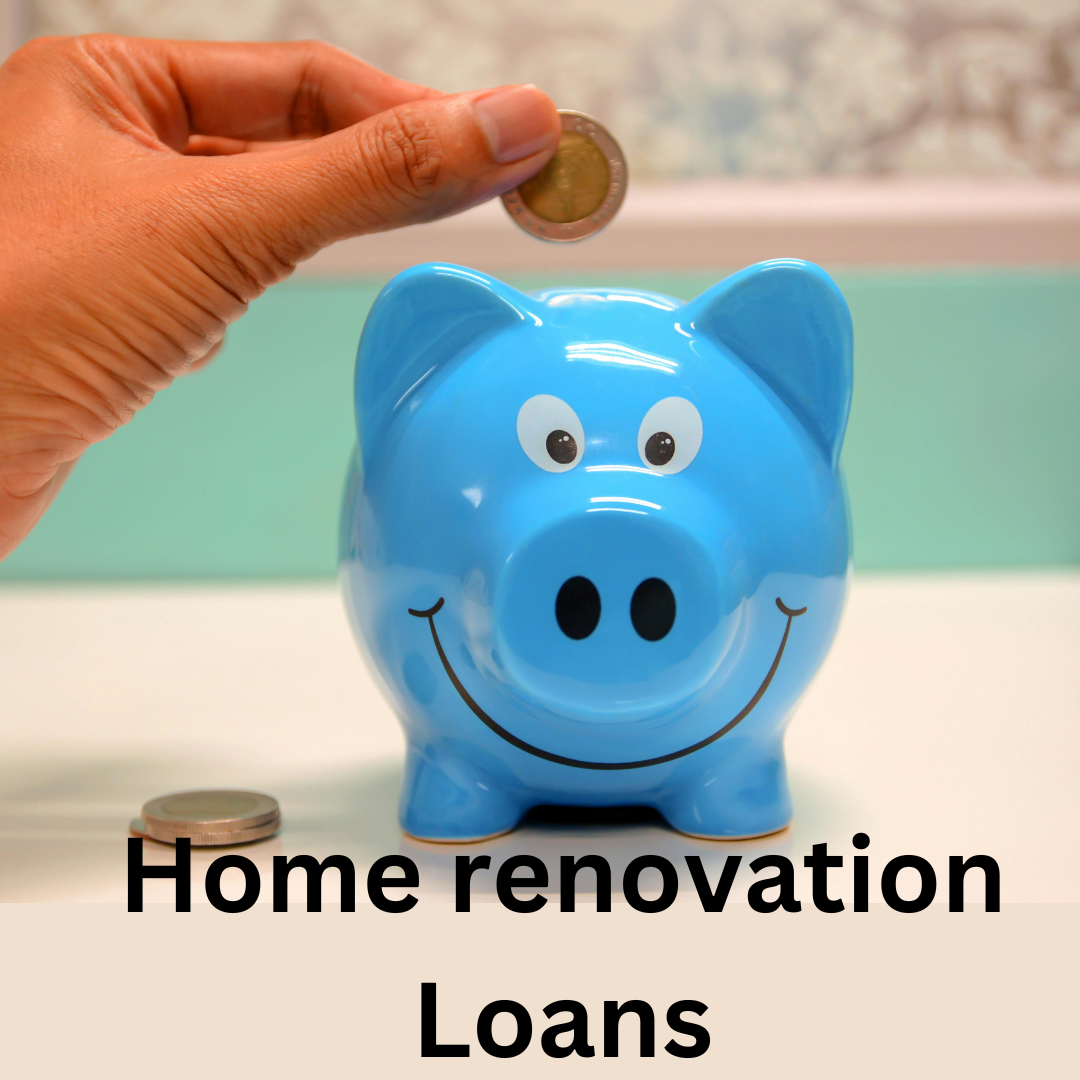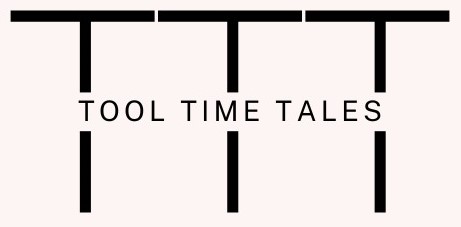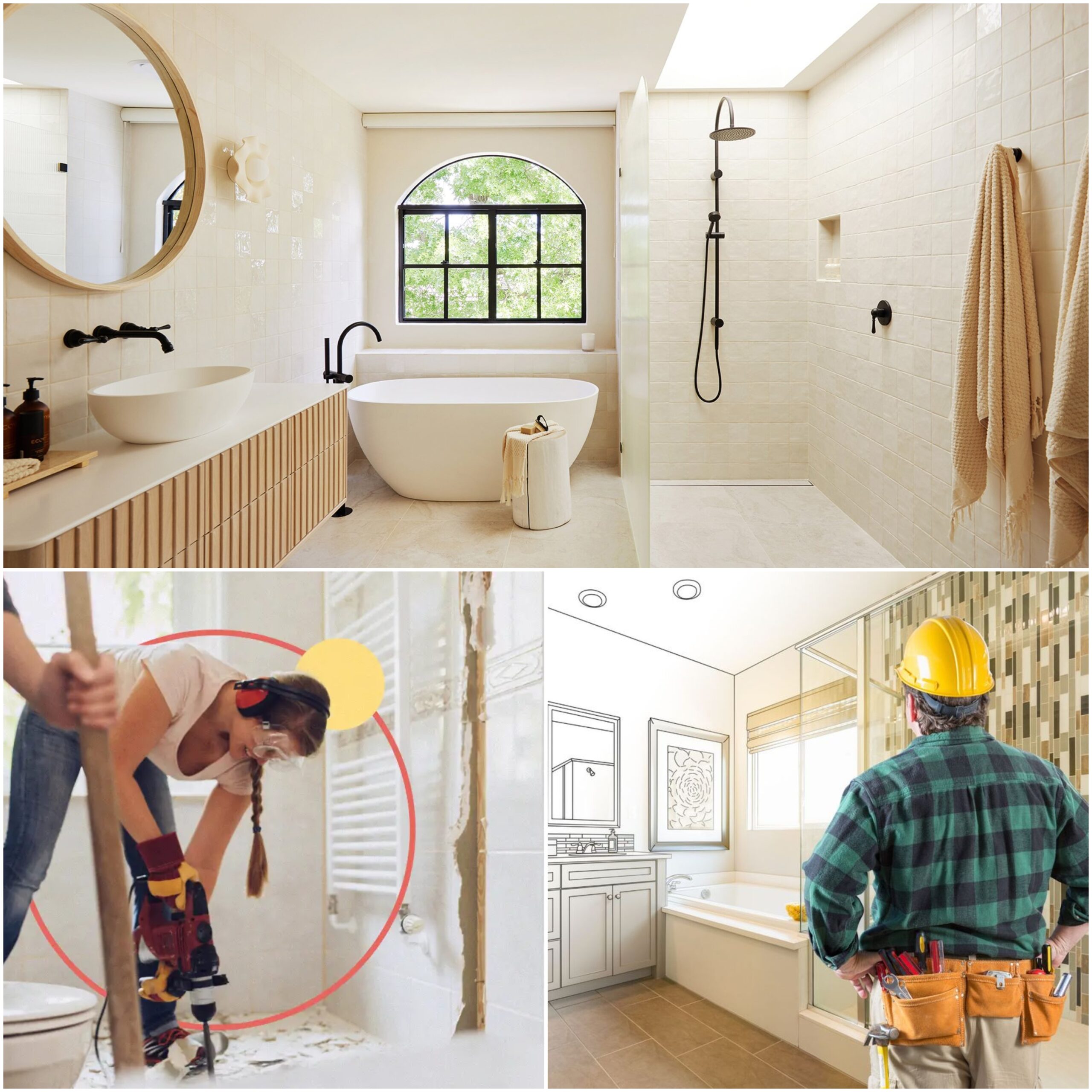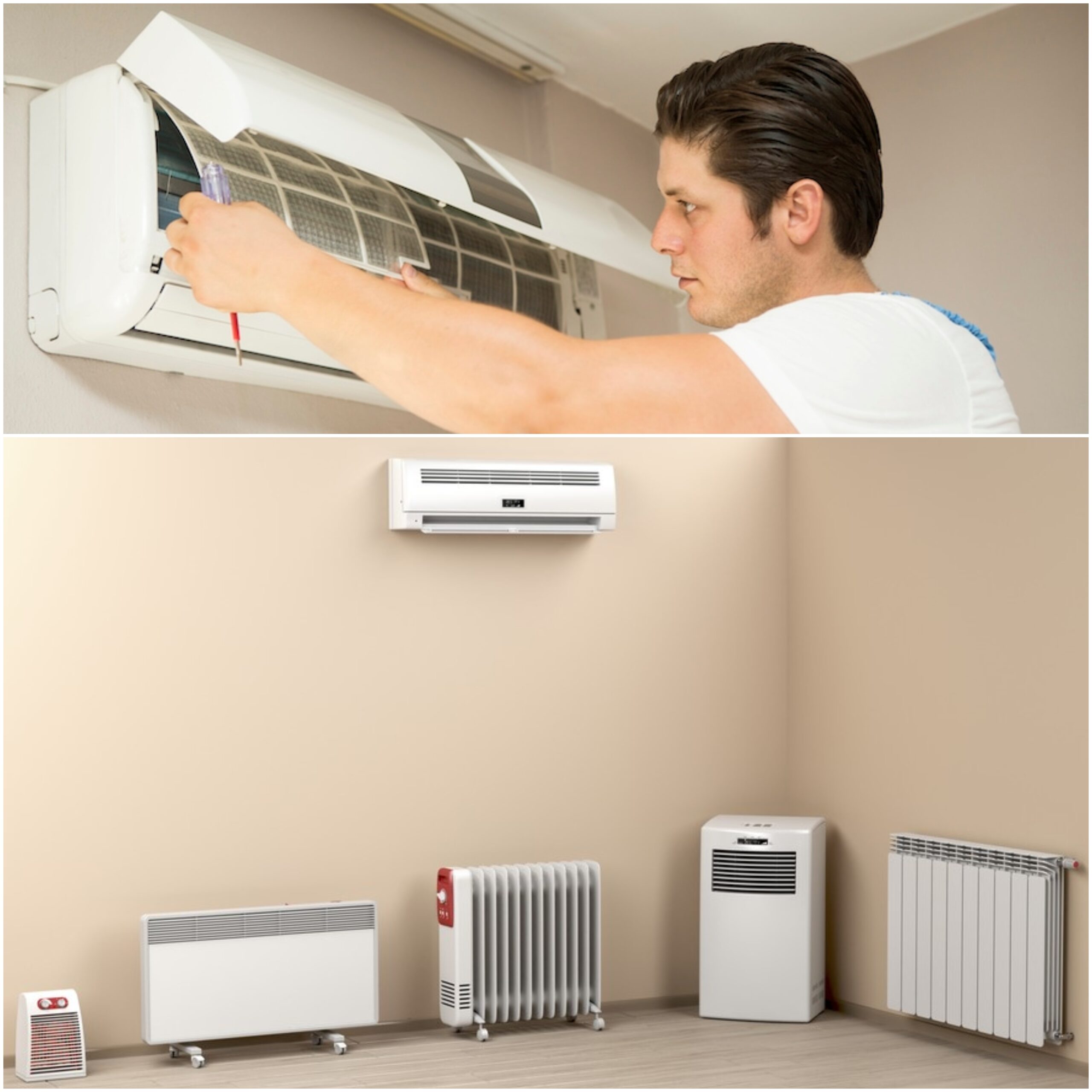Table of Contents
Since remodeling your house might seem like a great idea, the cost is frequently quite high. The best options for home renovation loans can be used in this situation.
The purpose of these loans is to provide homeowners with the money they require for renovation projects without requiring them to spend up their savings or mess with their budget.
Let’s explore the best loan option for home renovation. Knowing the various loan kinds, their benefits, and how to select the best one for your needs is important, whichever the size of the project you are planning from a minor DIY project to a major renovation.
Best Options for Home Renovation Loans
Home renovation mostlytargets to improve safety, helps to raise the value of the property and improve people standards of life in addition to appearance.
Renovations are necessary for hold the quality and usability of our homes, from replacing old kitchens to repairing leaked roofs.
Types of Home Renovation Loans
1. Traditional Home Equity Loans
With the best renovation home equity loan, owner of the house can take out loans based on the equity they have built up in their land.
The simple difference between the amount you still owe on your mortgage and the current market value of your home is referred as equity.
You can pay back a renovation home equity loans over time with setting monthly payments after getting an upfront full of money.

Pros:
- Yet most home equity loans interest rates are fixed and as usual your monthly payments will stay the same for the period of the loan.
- It is simple to pocket friendly for your home renovation project because you get the full loan amount upfront.
- House owners may be able to save more money if they can deduct the interest paid on their home equity loan in certain situations.
Cons:
- As per the rule, your house is used as collateral for home equity loans, if you didn’t repay back then the loan could lead to foreclosure.
- This type of loans may have closing costs, like screening, application along with some legal fees, just like any other loan.
- A maximum loan amount is normally finished at a portion of the equity in your home, so it may not be enough to pay for your entire renovation project.
Eligibility Requirements:
- If you want to be eligible for a home equity loan then you should have a look,
- Owner of the home usually have to own at least 15% – 20% equity in their properties to eligible for a loan.
- Your chances of getting approved for a home equity loan are boosted by a higher credit score that can also help you get better things.
- Holding a consistent source of salary or income is a necessary because lenders want to ensure you have the backup to repay the home renovation loans.
2. Home Equity Lines of Credit (HELOC)
Another kind of loan that lets homeowners borrow against the equity in their homes is a home equity line of credit or HELOC.
A HELOC functions similarly to a credit card, but typical home equity loans provide you with an upfront lump sum.
You are granted access to a line of credit with a fixed limit, from which you can draw as much as needed during the “draw period.”
You can borrow, payback, and borrow again during the draw period, just like you could with a credit card.
You can no longer borrow during the repayment period, which starts when the draw period ends, and you have to start paying back the remaining amount.
Pros:
- Because you can take out money as needed, HELOCs provide flexibility in borrowing, which makes them ideal for ongoing or long-term home improvement projects.
- HELOCs, which only charge interest on the amount borrowed, may have lower upfront costs than conventional home equity loans.
- Like home equity loans, homeowners may be able to save money by using the interest paid on a home equity loan (HELOC) as a tax deduction in some circumstances.
Cons:
- HELOCs frequently have variable interest rate, which means your monthly payments may change over time, in comparison with fixed-rate home equity loans.
- Since your home is used as collateral, going bankrupt on a HELOC can result in mortgage default.
- Homeowners may be tempted by a HELOC’s flexibility to borrow more than they can afford, which could put them in a difficult financial situation down the road.
Eligibility Criteria:
- A homeowner must normally have a minimum of 15% to 20% equity in their home to be eligible for a HELOC.
- Gaining approval for a HELOC and possibly getting better terms is made easier by having a higher credit score.
- A reliable source of income is a must because lenders want to be sure you have the resources to pay back the home renovation loans.

3. Personal Loans
You can get unsecured personal loans for home renovation to fund your improvement projects.
Personal loans do not need you to use your home as collateral like in opposite of HELOCs or home equity loans.
On the other hand, lenders screen your credit worth using some elements like your income, ratio of debt to income, as well as credit score.
After get accepted, you receive a one-time payment that you can use to pay for your home renovation work.
Pros:
- Your house does not need to be considered as collateral for personal loans that lowers the chances of bankruptcy in cases where you are not able to repay the debt.
- Emergency home renovation projects are most effectively funded by personal loans due to that they are approved faster than other home equity loans or HELOC.
- A lot of personal loans have fixed interest rate that means your monthly payment structure is set during the loan term, which makes simple budget.
Cons:
- Yet if your credit score is not good then personal loans usually have higher interest rates than HELOC & home equity.
- Your choices for large home renovation loans projects somehow limited if the maximum loan amount for a personal loan is less than what you can get with a home equity loan or HELOC.
- Shorter loan terms are common and well known for personal loans because you must pay back the loan soon that may result in higher monthly payments.
Eligibility Requirements
- For a cheapest home renovation loan, home owners should typically have a credit score of at least 600 to 700 but still some lenders approve applicants with lower credit scores.
- Keeping regular sources of income is a requirement because lenders want to make sure that you have a backup fund to repay the loan.
- When deciding your ability to repay a loan, lenders thinks to consider the ratio of debt to gross income, or the proportion of your monthly income statement that is used to pay off debts.
Read: 10 Best Personal Loans for Home Renovations: Dream Remodel
4. Government-Backed Loans
A) FHA 203(k) Loans
The Federal Housing Administration (FHA) backs FHA 203(k) loans that have the goal to help house owner finance the purchase as well as renovation of a house project that need repairs or improvements.
With the help of these home renovation loans, person of the house can more easily finance the project by including the cost of renovations in their mortgage.
FHA 203(k) loans are available in two sections, the limited 203(k) loan for smaller home renovation projects and the standard 203(k) loan for larger renovations.
B) VA Renovation Loans
VA rehabilitation loans, these mostly refer to as renovation loans and are accessible to qualified veterans, active duty military personnel, and some surviving couples.
These Department of Veterans Affairs (VA)–backed loans let borrowers pay for both the cost of renovations and the purchase or refinancing of a property with a single loan.
VA home renovation loans are a simple choice for military borrowers who wish to renovate their homes because they have flexible terms, conditions and competitive interest rates.
Pros:
- Borrowers with fewer funds can think about government-backed loans because they simply have lower down payments than conventional loans.
- Government-backed home renovation loans are a good choice for borrowers with less-than-perfect credit because they may have less income and credit score requirements than conventional loans.
- For the loan, borrowers can save money with FHA and VA loans because they often have competitive interest rates.
Cons:
- Mortgage insurance premiums are a requirement of FHA loans, and they may raise the total cost of the loan.
- Access to this financing option is limited to qualifying veterans, active-duty service members, and certain surviving spouses.
- Compared to conventional loans, government-backed loans might have stricter property requirements, which could restrict the kinds of properties that qualify for financing.

Tips for Successful Home Renovation Loans
1. Budgeting Wisely
- Setting up a budget friendly is necessary before starting any renovation project.
- Choose your options carefully and try to figure out how much loan you can afford to spend on home improvement.
- Choose factors like the project scope, possible unnecessary costs, and your long-term financial goals.
- You can reduce overspending and ensure that your DIY project stays on time by creating as well as balancing to a budget.
2. Research Loan Options
- You must weigh all of your options and evaluate loan services from various lenders when it comes to financing home improvements.
- Search the loan that best options your needs as well asfinancial condition by seeking different kind of loan types like government-backed loans, personal loans, HELOC, and home equity loans.
- To get a smart decision, you should compare interest rates, terms and conditions, costs, extra charges and eligibility.
3. Read the Terms and Conditions
- Getting to know all of the terms and conditions of a loan, including interest rates, repayment schedules, and any extra linked fees etc. matters most before accepting a loan.
- If something is doubtful, try to careful read the fine print and feel free to ask questions or doubts.
- Before you sign on the paper, be assured you know very well your responsibilities as a borrower and you are comfortable with the terms mentioned of the loan.
4. Working with Reputable Lenders
- It is sometime hard to choose a lender for your home improvement loan from a respected and reliable financial institution.
- Find out lenders who have a good history of offering the best loan products, clear lending deals, and first-rate customer service.
- Spend some time to read reviews, verify credentials, and getting referrals from your relatives, friends, or real estate agents.
- You can feel more relax and gain a more simple financing experience when you work with ahonest lender.
Bottom Line
Selecting the best options for home renovation loans are must for the project success.
You should think carefully about the loan you want to select because it will grab your finances for years to come onwards.
Among the factors to think are interest rates, fees, repayment terms, as well as eligibility.
You can make sure that your home improvement project is completed on schedule and within your budget without placing a high financial burden on you or your family by selecting a suitable loan.
Read: Vivint Home Security System – Elevate Protection Across USA











